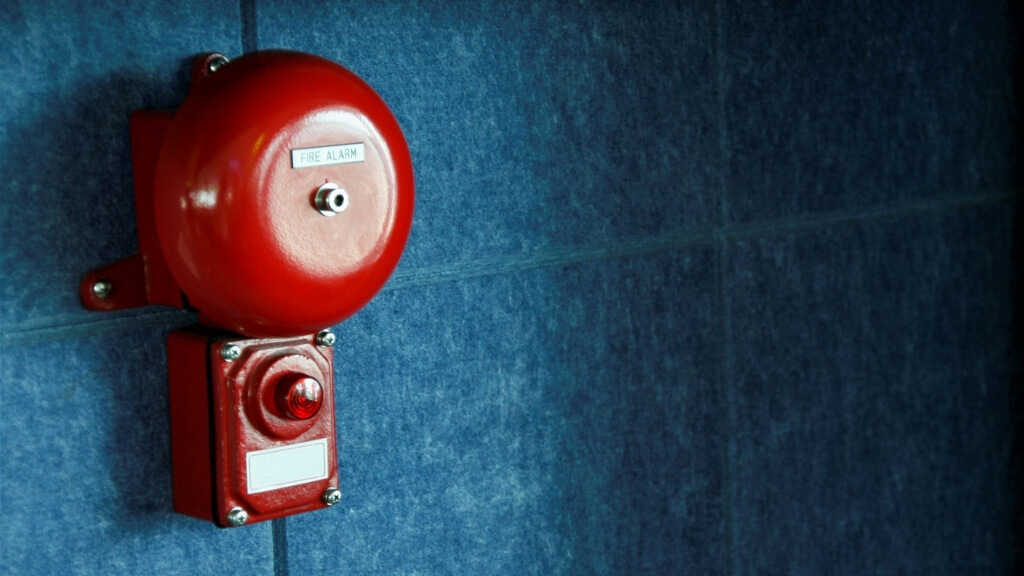
When it comes to running a commercial space, safety is paramount. Among the many safety concerns, fire safety stands out as one of the most critical. It’s not just about protecting your assets; it's about ensuring the safety of everyone who steps into your premises. In this post, we'll explore ten practical fire safety tips that can make a big difference in keeping your commercial space safe.
1. Fire-Rated Loft Hatches
Starting with an often overlooked aspect— fire-rated loft hatches. If your building has a loft or attic space, it's crucial to install fire-rated hatches. These hatches are designed to withstand high temperatures and prevent the spread of fire from one part of the building to another. This can be a crucial component in your overall fire safety strategy, providing an extra layer of protection.
2. Regular Fire Drills
Fire drills might feel like a hassle, but they're essential. Conducting regular fire drills helps ensure that everyone in the building knows the evacuation routes and procedures. It’s not just about getting out of the building; it’s about doing so quickly and safely. These drills also help identify potential bottlenecks or confusion points in your evacuation plan.
3. Install and Maintain Smoke Detectors
Smoke detectors are your first line of defence in case of a fire. They provide an early warning that can save lives. Make sure that your commercial space is equipped with an adequate number of smoke detectors, and place them in strategic locations. Tip- Regularly check and replace the batteries, and test the detectors to ensure they’re working correctly.
4. Accessible Fire Extinguishers
Fire extinguishers are a must-have in any commercial space. But having them isn’t enough; they need to be accessible and in good working order. Ensure that your staff knows how to use them correctly. It’s also important to have the right type of extinguisher for the potential fire hazards in your space, such as electrical fires or kitchen fires.
5. Clear and Unobstructed Exits
During an emergency, every second counts. Ensure all exits are clearly marked and free from obstructions. It might seem obvious, but it’s easy for boxes or other items to accidentally block an exit over time. Regularly check to make sure all escape routes are clear and that doors open easily from the inside.
6. Proper Storage of Flammable Materials
If your commercial space deals with flammable materials, storing them properly is crucial. Flammable liquids, gases, or other hazardous materials should be stored in designated areas away from heat sources. Use proper containers and follow all regulations regarding their storage.
Safety Tip - Never store flammable materials in areas where they can block exits or evacuation routes.
7. Emergency Lighting
In the event of a fire, power may be cut off, making it challenging to navigate your way out. That’s where emergency lighting comes into play. Install emergency lights that activate when the main power is lost. This ensures that pathways and exits remain visible, helping people evacuate safely.
8. Fire Safety Training for Staff
Knowledge is power, especially in emergencies. Providing your staff with fire safety training can make a huge difference. They should know how to use fire extinguishers, understand the evacuation plan, and be aware of any specific fire hazards associated with their roles. Regular training sessions can also include what to do if they’re trapped and how to assist others in evacuating.
9. Implementing a Fire Safety Plan
A comprehensive fire safety plan is more than just having alarms and extinguishers. It involves a detailed layout of the building, highlighting all exit routes, fire extinguisher locations, and the nearest fire alarm points. Make sure that this plan is easily accessible and that all employees are familiar with it. Update the plan regularly, especially if there are any changes to the building layout or occupancy.
10. Regular Inspections and Maintenance
Last but definitely not least, regular inspections and maintenance are critical. This includes checking your fire alarms, extinguishers, sprinkler systems, and emergency lights. It’s also important to inspect your building’s electrical systems to prevent potential fire hazards. Schedule these inspections regularly and ensure that any issues are addressed promptly.
Making Fire Safety a Priority
Fire safety isn’t just about compliance; it’s about creating a safe environment for everyone. While it may seem daunting to address all these areas, taking it step by step can make the process manageable. Start with the basics, like installing smoke detectors and ensuring exits are clear. Then, gradually incorporate more advanced measures like fire-rated loft hatches and comprehensive fire safety training for staff.
Thanks for signing up to Minutehack alerts.
Brilliant editorials heading your way soon.
Okay, Thanks!